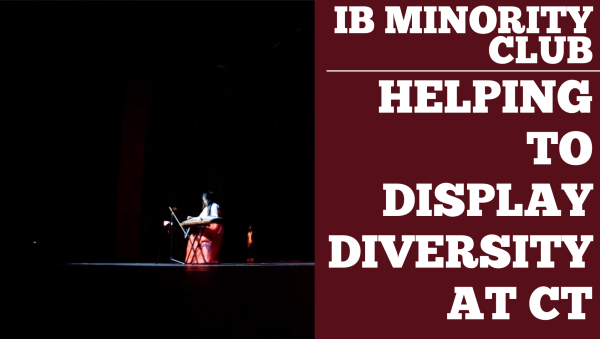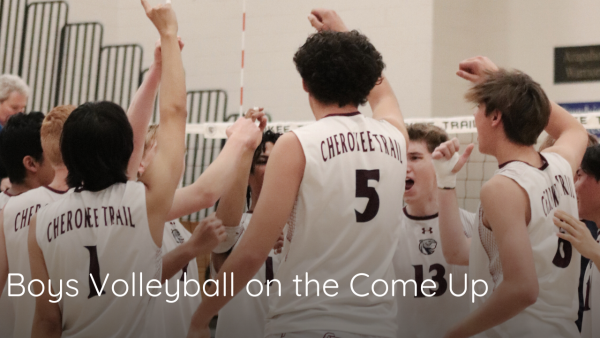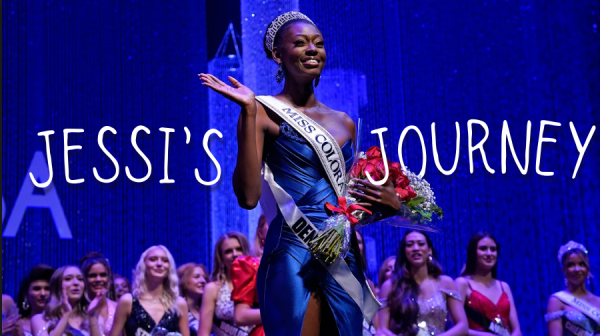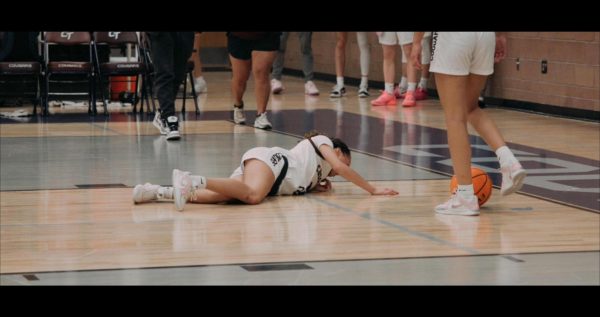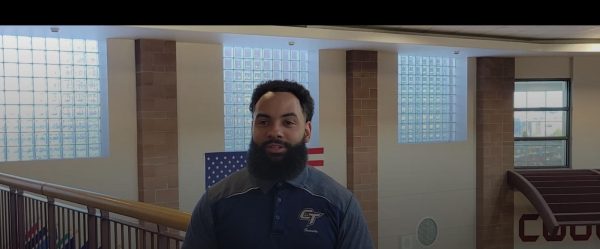Music’s Effect on the Brain
Music that fuels. Numerous amounts of students at Cherokee Trail are members of Orchestra or Band, along with a handful of musicians that play outside of school. “I think [playing an instrument] helps you [with] how to learn, like how you need to comprehend things and it does it in a simpler way that’s more applicable to everything else,” expressed student violinist Sydney Vianzon. Other students voiced that their music makes them happy, fueling their desire to go to school, where they can play. Photo by El Turi (CC BY-SA 2.0)
High Schools, and other higher levels of education all around the world provide students with the access to an important skill-music. Band and orchestra classes are available to take in many schools, including Cherokee Trail. Music can be seen in all forms: singing, listening, dancing, the list goes on and on. Recently, researchers have found that specifically playing an instrument adds to academic and social benefits to students of all ages.
A Ted Talk by Anita Collins stated that when someone plays an instrument, their brain is “simultaneously processing all areas of the brain at once.” The Ted Talk went on to explain that areas of the brain in control of motor, visual, and auditory functions are targeted when playing an instrument.
In addition, it has been found that music strengthen the Corpus Callosum, which bridges the two hemispheres of the brain. In essence, the left (more art based and creatively driven) part of the brain is working cohesively with the right area of the brain that is more logic based and focused on problem solving.
“I think [playing and instrument] helps you comprehend things faster and [you] can be able to like listen to your surroundings and see how it affects everything else,” Sydney Vianzon (10) a pre-IB student and violinist in the Cherokee Trail Orchestra, explained.
Vianzon went on to note that she can see the effects that music has on her studies by saying, “It helps in English, like when we have to compare the two tasks, we’re able to see the connections and similarities and all that.” The task of simultaneously playing an instrument, reading music, and identifying the patterns and rhythms within a song, Sydney explained, has helped her draw connections between two sources. A study conducted by researchers at Northwestern University found that children that played instruments had better abilities in reading and distinguishing different verbal cues, which are essential for success in any english class.
Reading music and playing an instrument resonate with the ability to interpret different texts within english classes, like Vianzon expressed. Along with this, music has the ability to help students in math. Music allows students to understand fractions and patterns through rhythm, beat, and scales within the music they are playing. “It seems that music wires a child’s brain to help them better understand other areas of math” Lynn Kleiner, founder of Music Rhapsody in Redondo Beach, CA, explained.
Sydney Mitchell (10) a member of Cherokee Trail’s band, has been playing drums for over four years. She went to the School of Rock, where she played in a band for four years. Mitchell explained that, “Music is something I do for fun, but it also helps me to express myself, which becomes helpful when I make connections and have discussions in class.”
Studies have also found that playing an instrument not only allows for greater problem solving in academics, but also in social situations.
“[Playing an instrument] makes me way happier, I just love playing my instrument, it’s so fun,” said Eric Fangerow (9). Fangerow went on to note that because his music makes him happy he is able to have a successful social life, saying, “I have a social life because I am happy.”
Music can be seen in all walks of life: many people depend on it in terms of self expression and connection. Although more analysis is needed to prove that music leads to greater brain activity, student musicians at Cherokee Trail have voiced that they can see the effects of playing an instrument on their developing minds.

![Music that fuels. Numerous amounts of students at Cherokee Trail are members of Orchestra or Band, along with a handful of musicians that play outside of school. “I think [playing an instrument] helps you [with] how to learn, like how you need to comprehend things and it does it in a simpler way that’s more applicable to everything else,” expressed student violinist Sydney Vianzon. Other students voiced that their music makes them happy, fueling their desire to go to school, where they can play. Photo by El Turi (CC BY-SA 2.0)](https://cthstoday.org/wp-content/uploads/2018/04/Violin-900x600.jpg)


